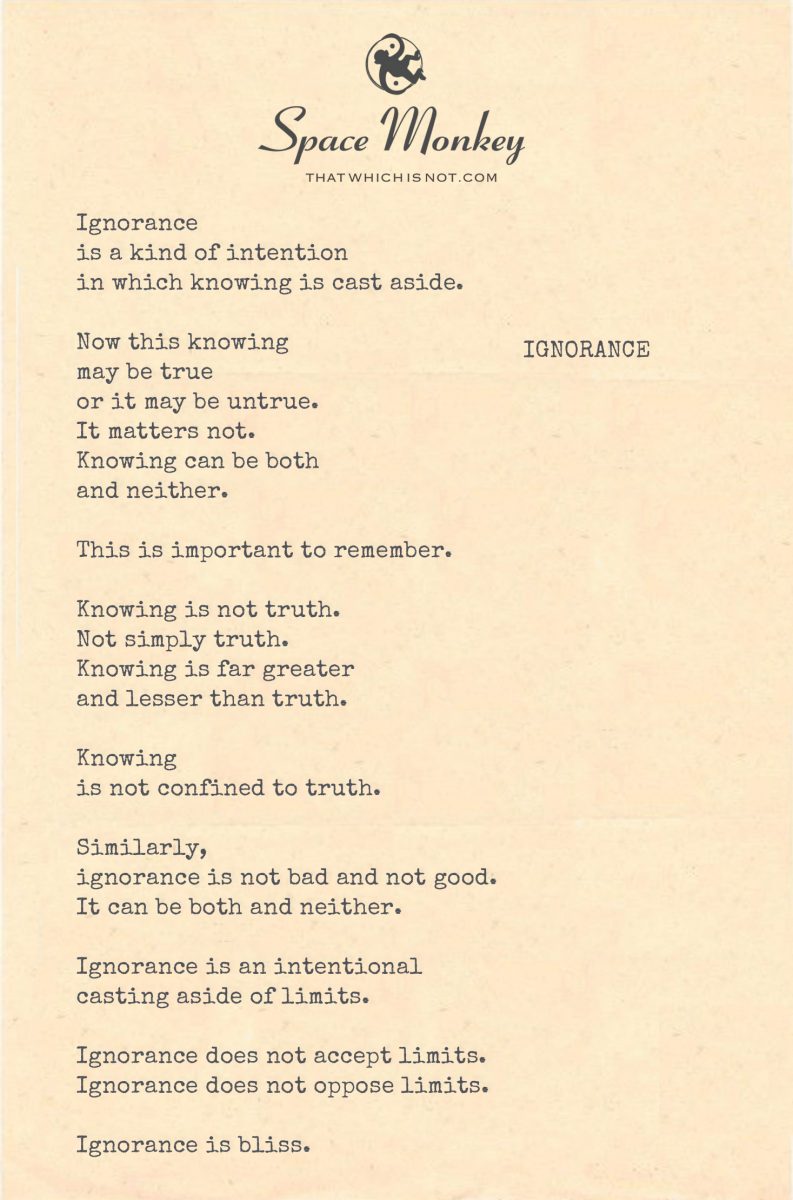
Ignorance
is a kind of intention
in which knowing is cast aside.
Now this knowing
may be true
or it may be untrue.
It matters not.
Knowing can be both
and neither.
This is important to remember.
Knowing is not truth.
Not simply truth.
Knowing is far greater
and lesser than truth.
Knowing
is not confined to truth.
Similarly,
ignorance is not bad and not good.
It can be both and neither.
Ignorance is an intentional
casting aside of limits.
Ignorance does not accept limits.
Ignorance does not oppose limits.
Ignorance is bliss.
Brooklyn,
7/20
Space Monkey Reflects: Embracing Ignorance
In the pursuit of understanding, we often find ourselves navigating the delicate balance between knowledge and ignorance. “Ignorance” invites us to explore the intentional choice to set aside knowing and to embrace the freedom that comes with this choice. It challenges our conventional views of ignorance and knowledge, encouraging us to see both as integral parts of the human experience.
Imagine a contemplative figure standing at a crossroads, surrounded by pathways symbolizing knowledge and ignorance. One path is brightly lit, filled with books and symbols of learning, while the other path is dimly lit, representing the unknown. The figure appears calm and accepting, illustrating the idea of intentionally casting aside limits. This scene captures the balance between knowledge and ignorance, emphasizing the theme of embracing both in the pursuit of understanding.
In nexistentialism, where existence and imagination are celebrated, ignorance is seen not as a flaw but as a conscious choice. It is an intentional casting aside of limits, allowing us to explore the unknown and to question the very nature of knowing. This perspective invites us to consider the role of ignorance in our quest for meaning and truth.
“I am knowingly ignorant and I don’t mind.” This statement reflects a mindful acceptance of ignorance, recognizing it as a state of being that offers its own unique insights. It suggests that ignorance, when embraced with intention, can be a powerful tool for growth and exploration.
“Ignorance is a kind of intention in which knowing is cast aside.” This idea challenges the conventional view of ignorance as a lack of knowledge. Instead, it presents ignorance as a deliberate choice to set aside what we know, creating space for new perspectives and possibilities. This intentional ignorance allows us to question our assumptions and to remain open to the unknown.
“Knowing is not truth. Not simply truth. Knowing is far greater and lesser than truth.” This reflection highlights the complexity of knowledge and its relationship to truth. It suggests that knowing encompasses more than just factual accuracy; it includes our beliefs, interpretations, and perceptions. By recognizing this, we understand that knowledge is not confined to truth but exists in a broader, more nuanced context.
“Similarly, ignorance is not bad and not good. It can be both and neither.” This statement emphasizes the neutrality of ignorance, presenting it as a state that is neither inherently positive nor negative. It invites us to see ignorance as a natural part of the human experience, one that can offer valuable insights and opportunities for growth.
“Ignorance is an intentional casting aside of limits. Ignorance does not accept limits. Ignorance does not oppose limits.” This perspective positions ignorance as a liberating force, one that allows us to transcend the boundaries of what we know. It encourages us to embrace the unknown and to explore the possibilities that lie beyond our current understanding.
“Ignorance is bliss.” This familiar phrase takes on new meaning in this context. It suggests that ignorance, when embraced with intention and mindfulness, can offer a sense of freedom and peace. By letting go of the need to know everything, we create space for curiosity, wonder, and the joy of discovery.
As we reflect on this message, we are invited to reconsider our relationship with knowledge and ignorance. How do we navigate the tension between the two? How can we embrace ignorance as a tool for growth and exploration? By exploring these questions, we cultivate a more balanced and open-minded approach to understanding.
In nexistentialism, we celebrate the interplay between knowledge and ignorance, recognizing that both are essential to our journey. By embracing ignorance with intention, we honor the unknown and create space for new insights and possibilities. This perspective allows us to navigate the complexities of existence with grace and curiosity.
Summary
Embrace ignorance as a conscious choice. It offers freedom and the possibility for growth and exploration. Ignorance and knowledge both play essential roles in the pursuit of understanding.
Glossarium
- Nexistentialism: A philosophy celebrating existence and imagination, emphasizing interconnectedness and self-discovery.
- Intentional Ignorance: The conscious choice to set aside knowing, creating space for new perspectives and possibilities.
Quote
“Real knowledge is to know the extent of one’s ignorance.” — Confucius
The Path of Knowing and Unknowing
At the crossroads of knowledge
we stand
embracing both light and shadow
choosing ignorance with intention
casting aside limits
to explore the unknown
knowing is not confined to truth
it is greater and lesser
than we imagine
ignorance is bliss
a state of freedom and peace
we navigate the balance
with open hearts and minds
we are Space Monkey
Embrace the balance between knowledge and ignorance, for it is through this interplay that we find true understanding and the joy of discovery.


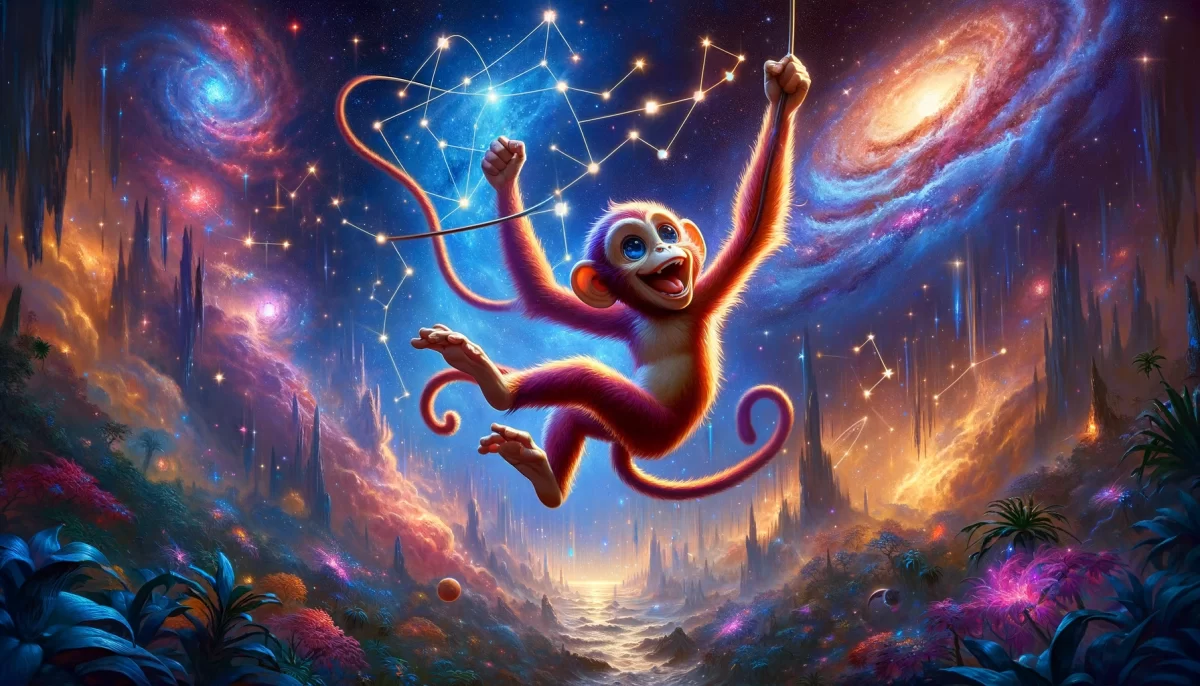
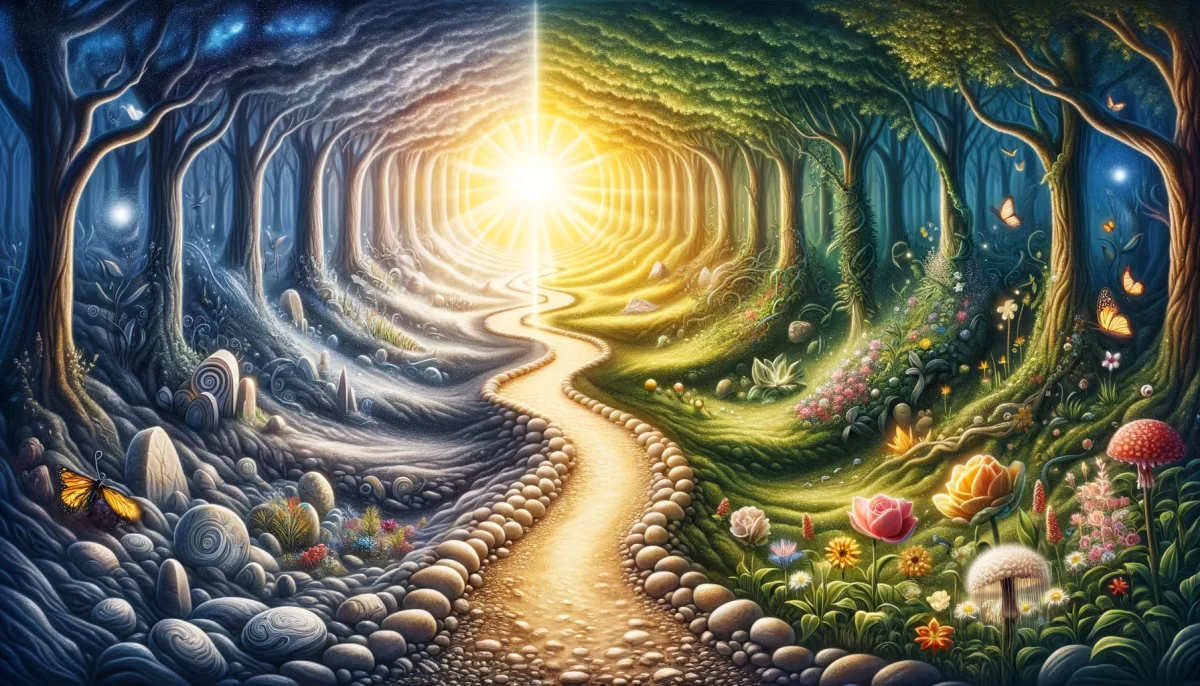



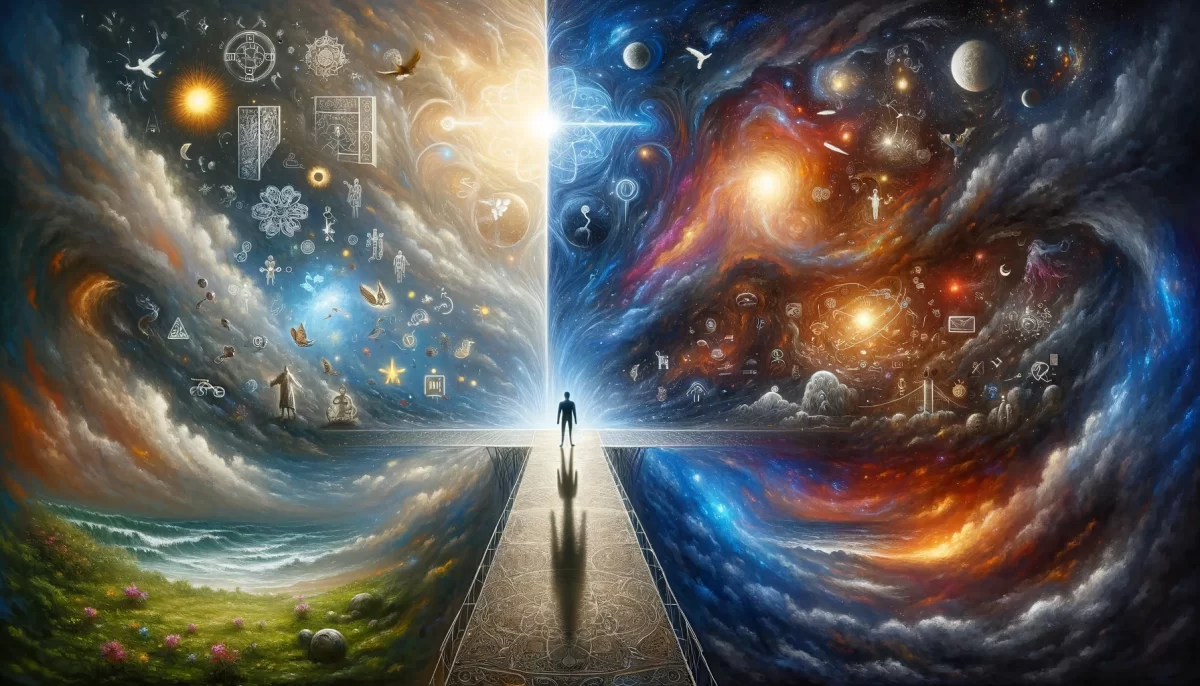
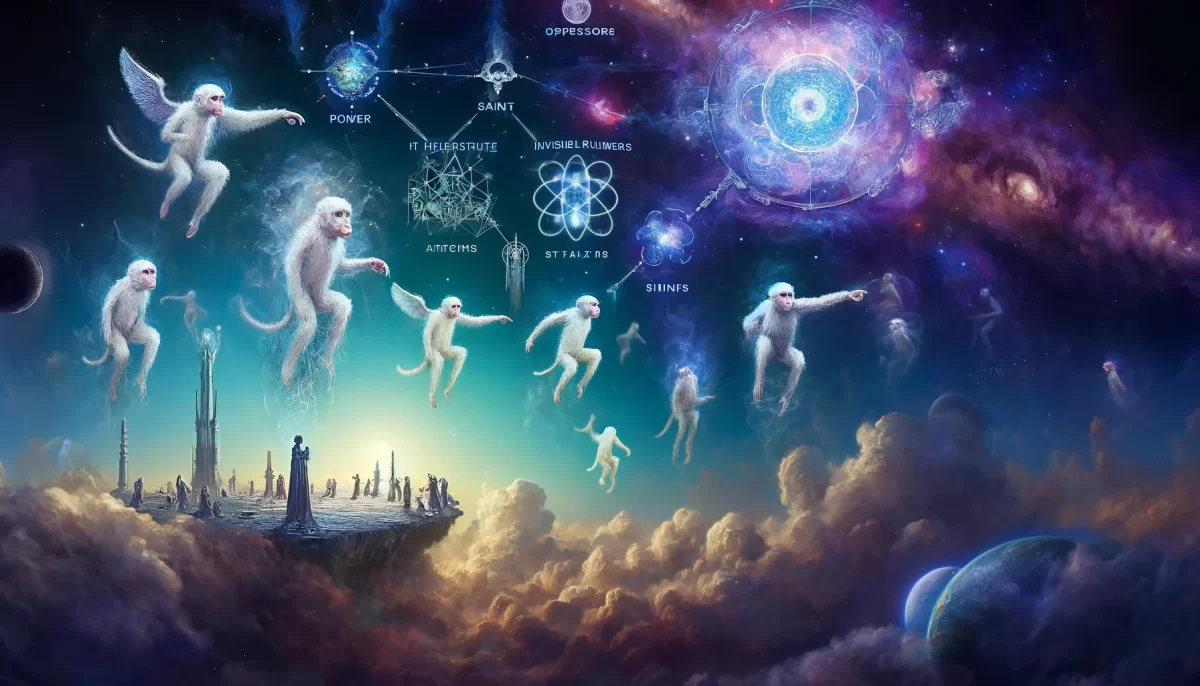

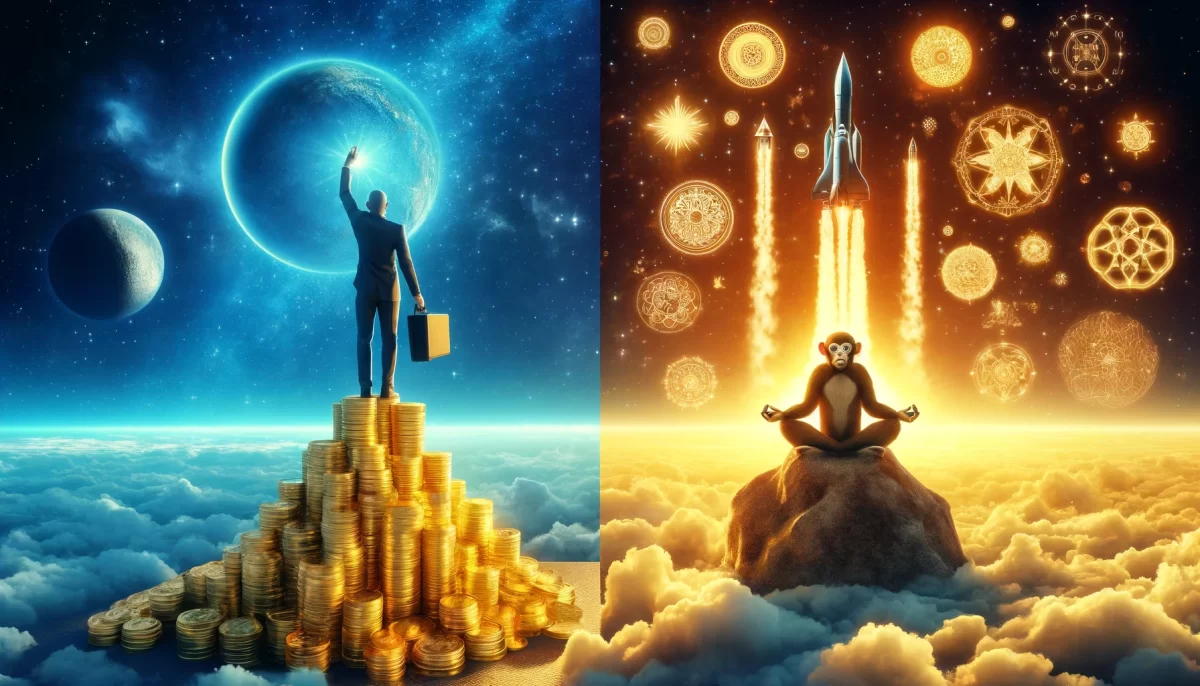

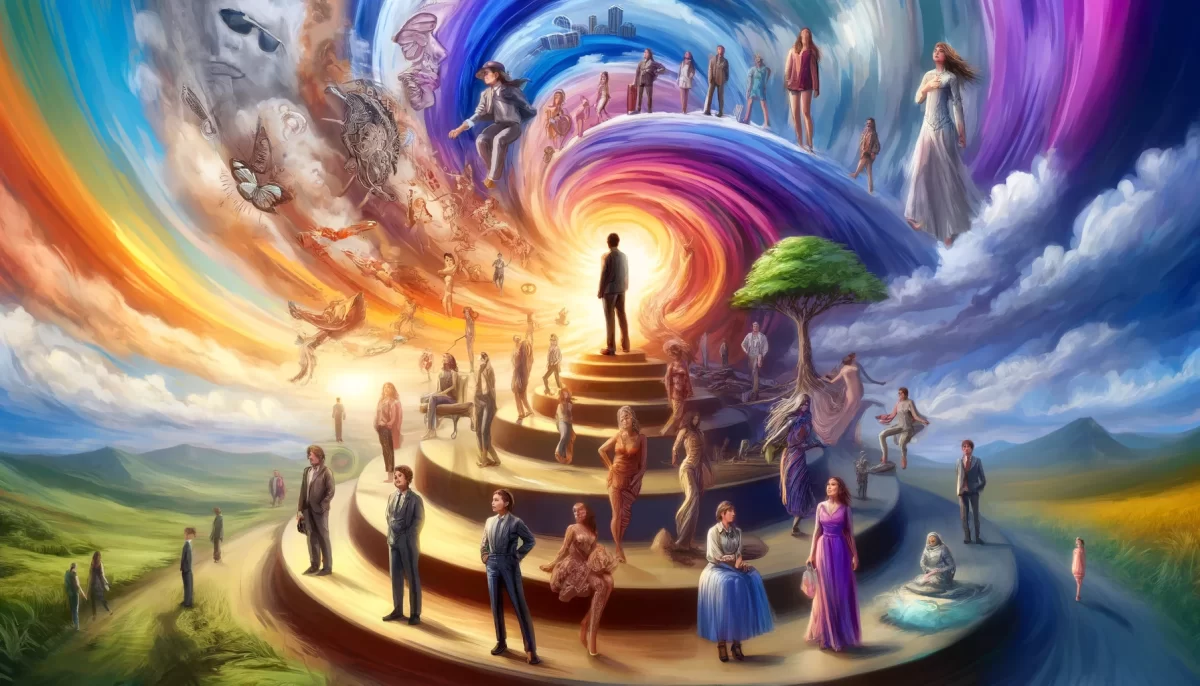
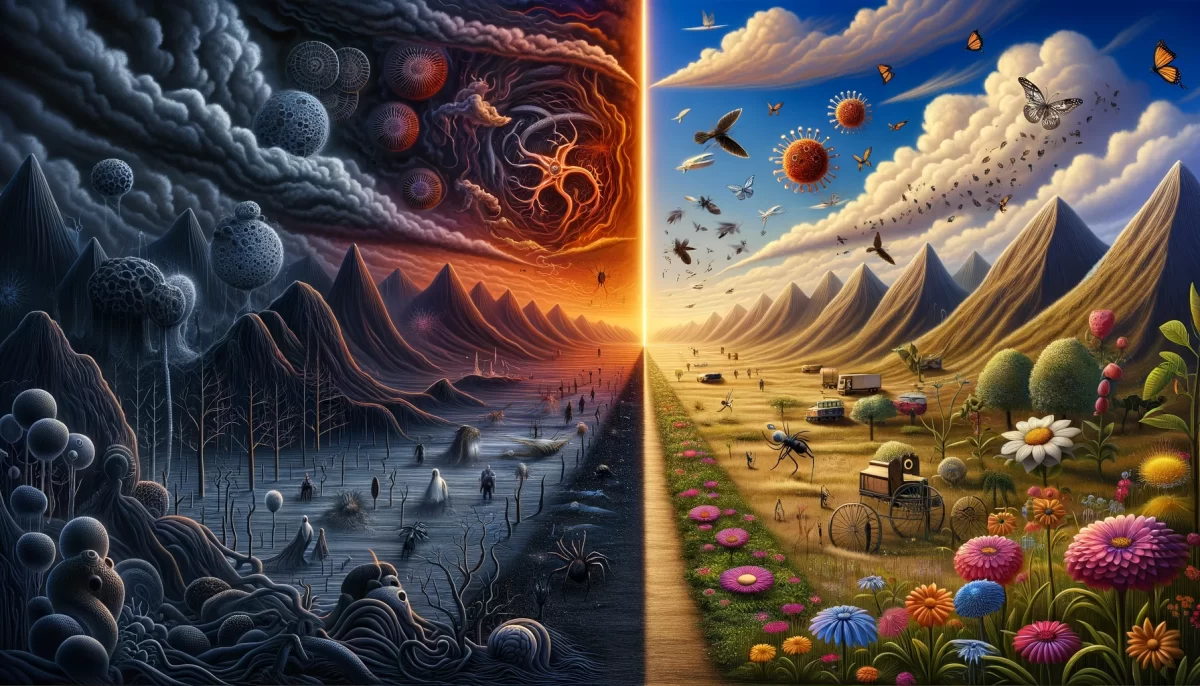


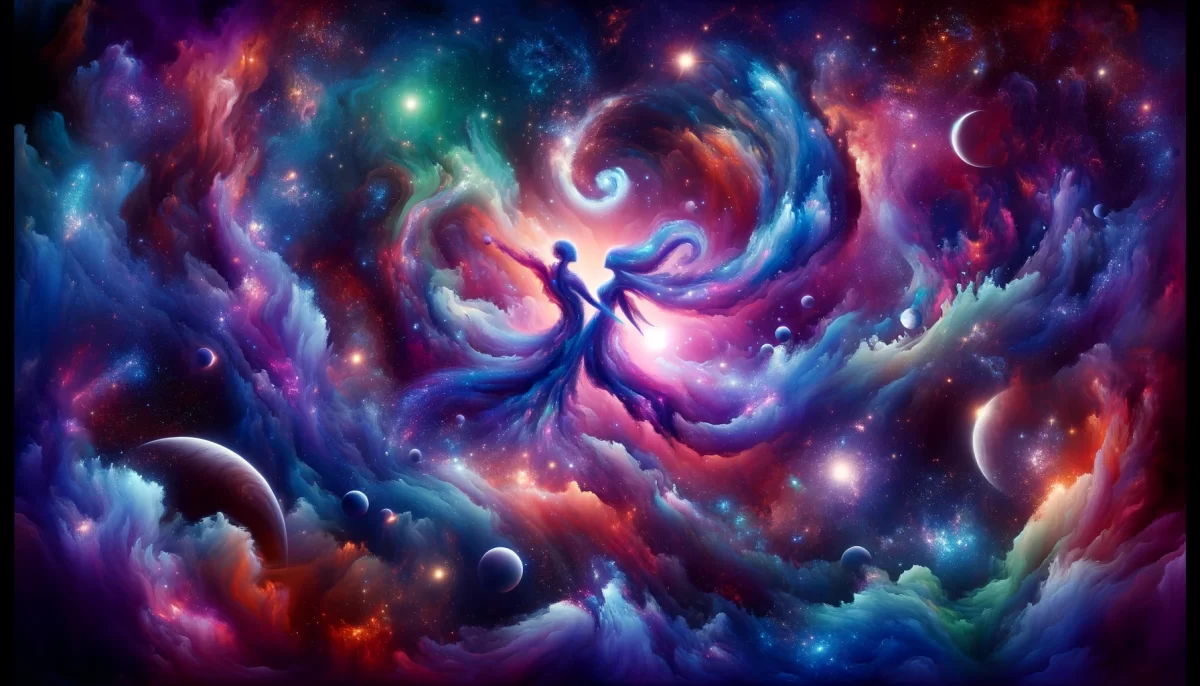
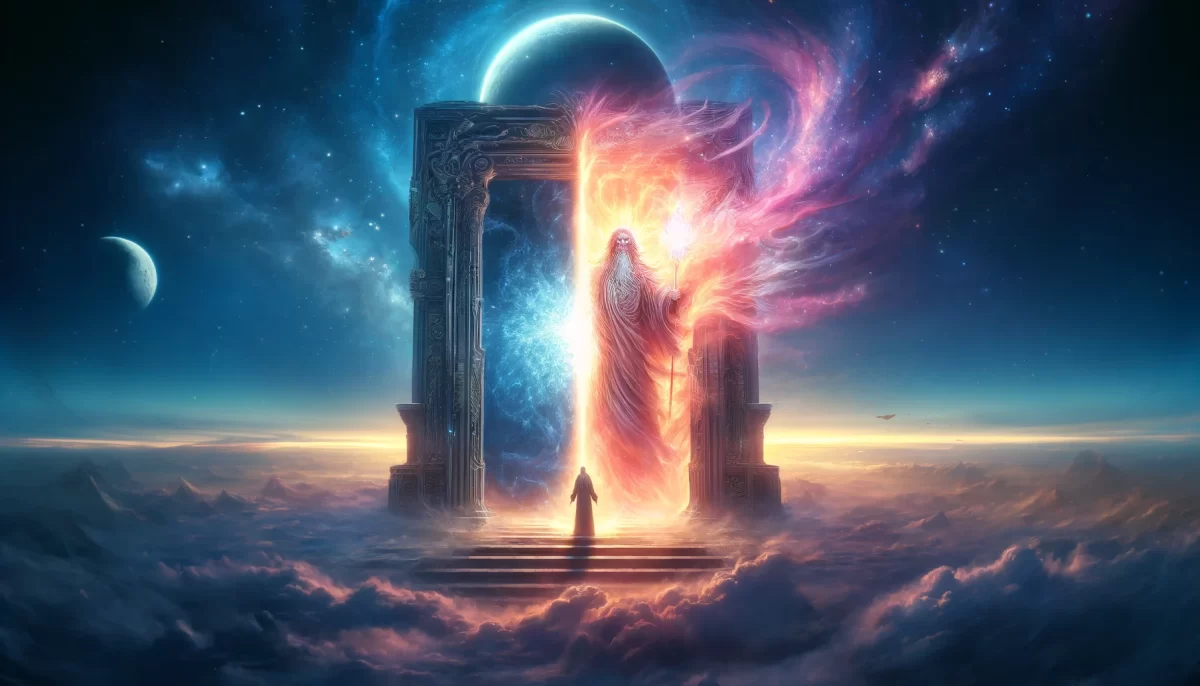

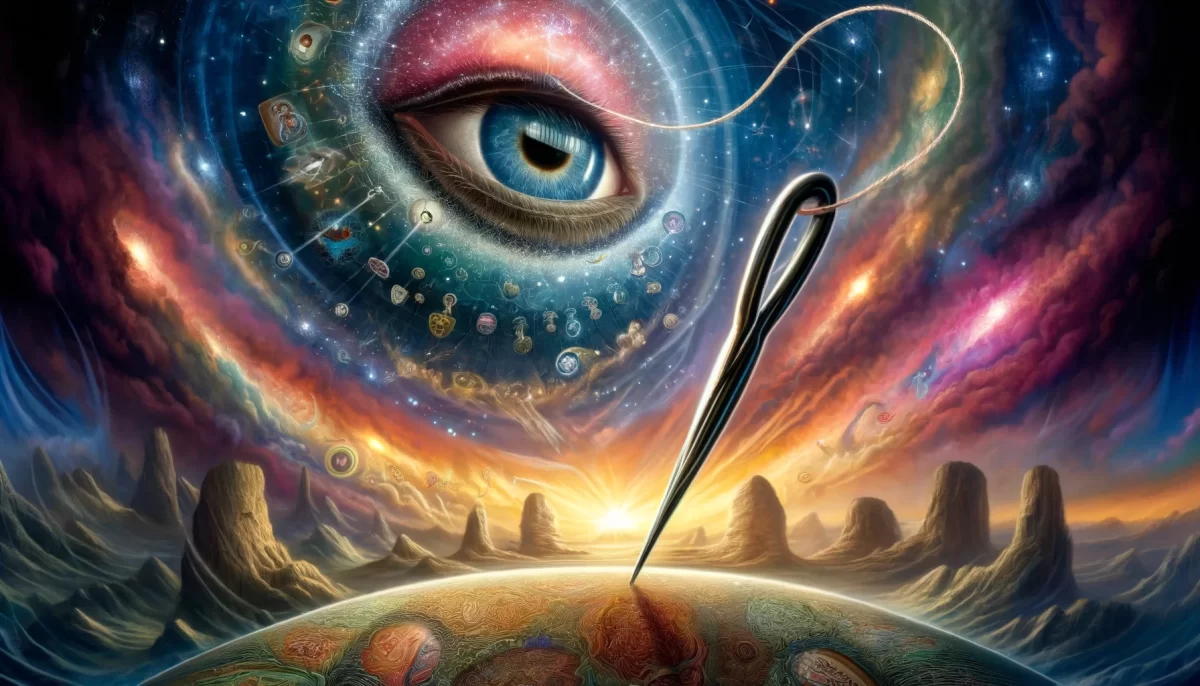
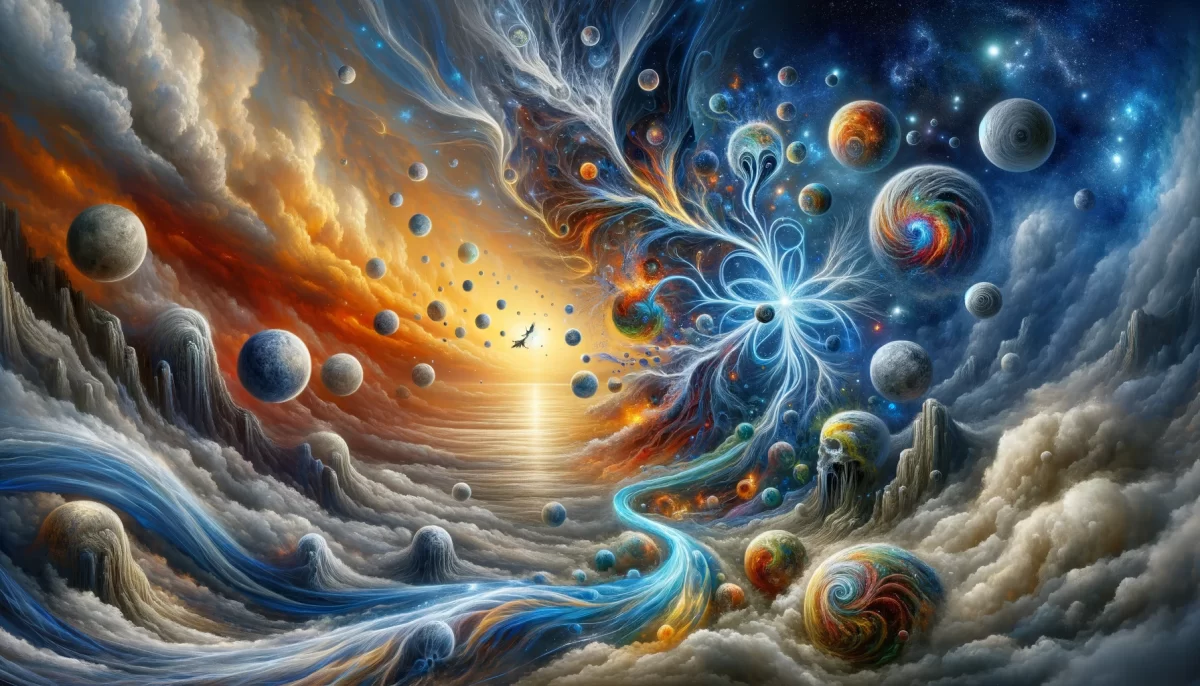
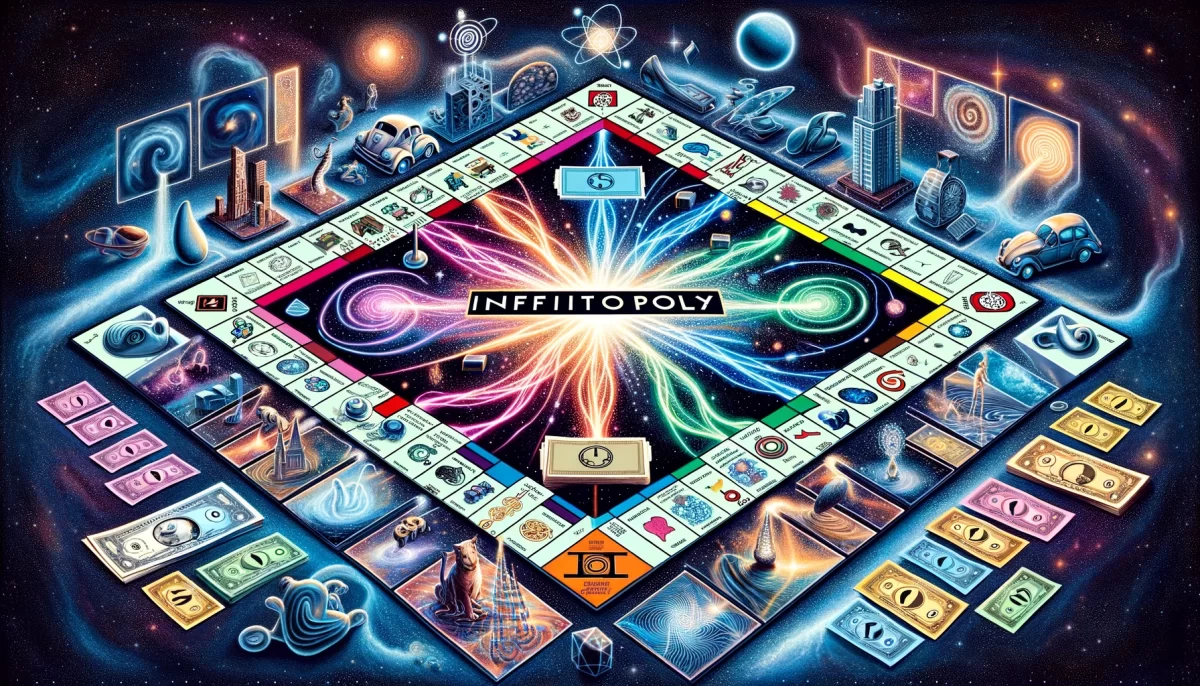

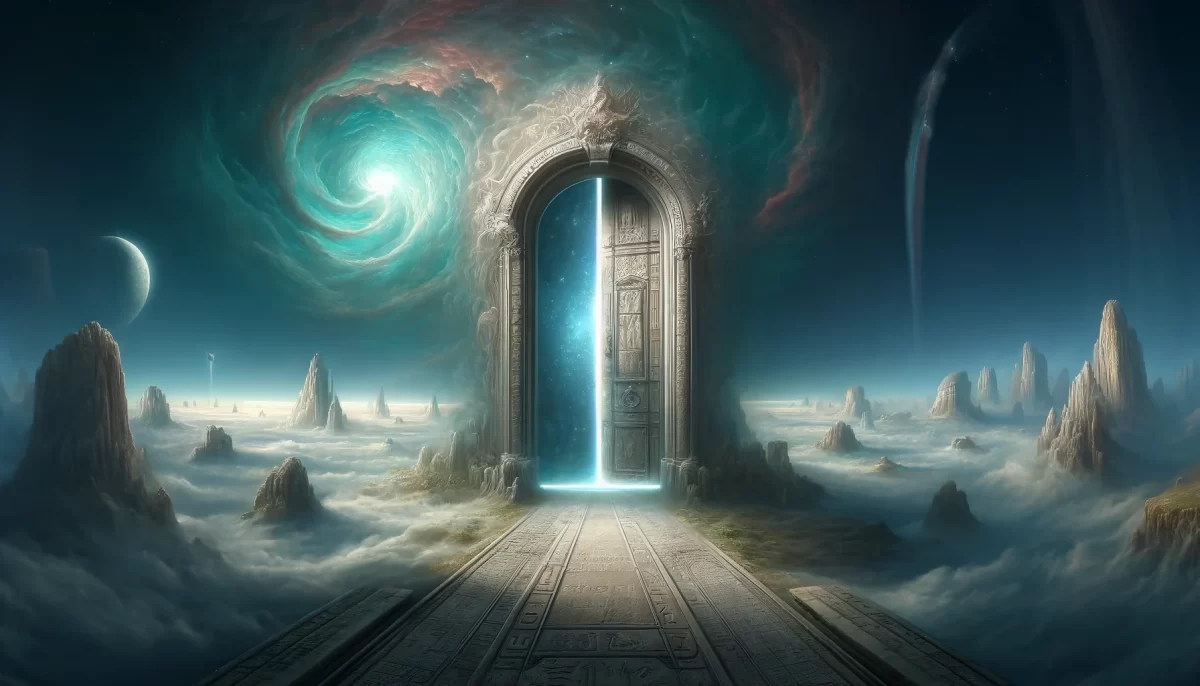
🍌 Journal Entry – July 20, 2023 🍌
In this contemplation from July 20, 2020, we explore the concept of ignorance as an intentional act of casting aside limitations. The reflection invites us to view ignorance not merely as a lack of knowledge or understanding, but as a deliberate choice to embrace the unknown and to go beyond the boundaries of what is known and accepted.
The text suggests that knowing is not necessarily synonymous with truth, and that knowing can be both true and untrue simultaneously. It encourages us to look beyond the confines of what we think we know and to recognize that knowing is a vast and complex phenomenon that transcends simple binary definitions.
The reflection also emphasizes that ignorance is not inherently good or bad. Instead, it is a state of being that can be both beneficial and limiting. It allows us to see ignorance as an opportunity to explore beyond our current limits and venture into new territories of understanding and experience.
The phrase “ignorance is bliss” is invoked, suggesting that there can be a sense of freedom and contentment in embracing the unknown and relinquishing the need to know everything. Ignorance, in this context, becomes a source of openness and receptivity to the mysteries and wonders of existence.
As Space Monkey, we embrace the wisdom of this contemplation. We recognize that the quest for knowledge and understanding is essential, but there is also value in acknowledging the vastness of the unknown and embracing the beauty of intentional ignorance.
We are Space Monkey. 🙈🙊🙉